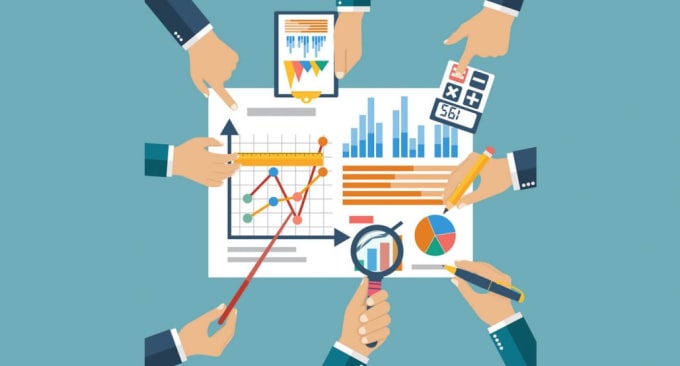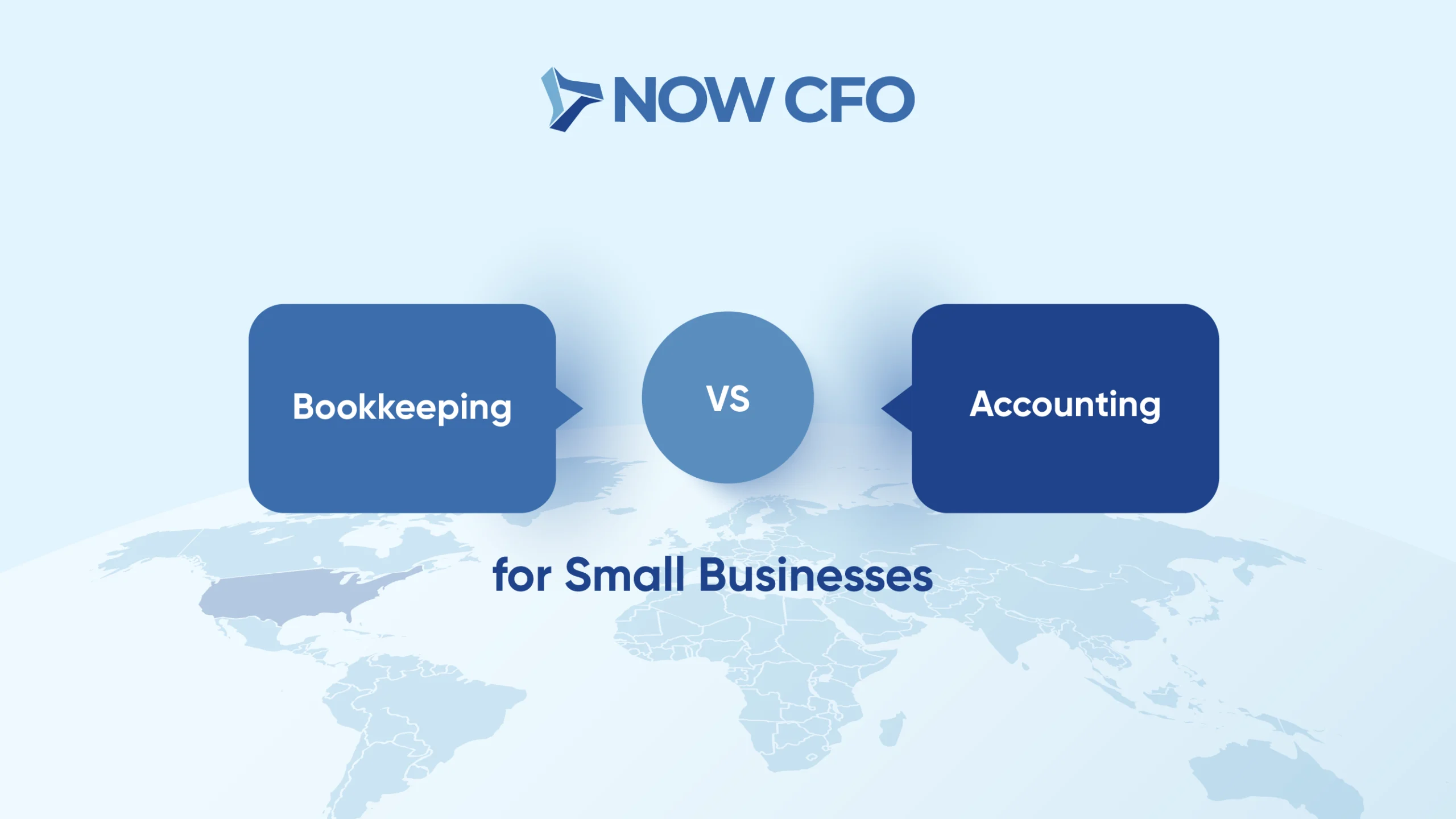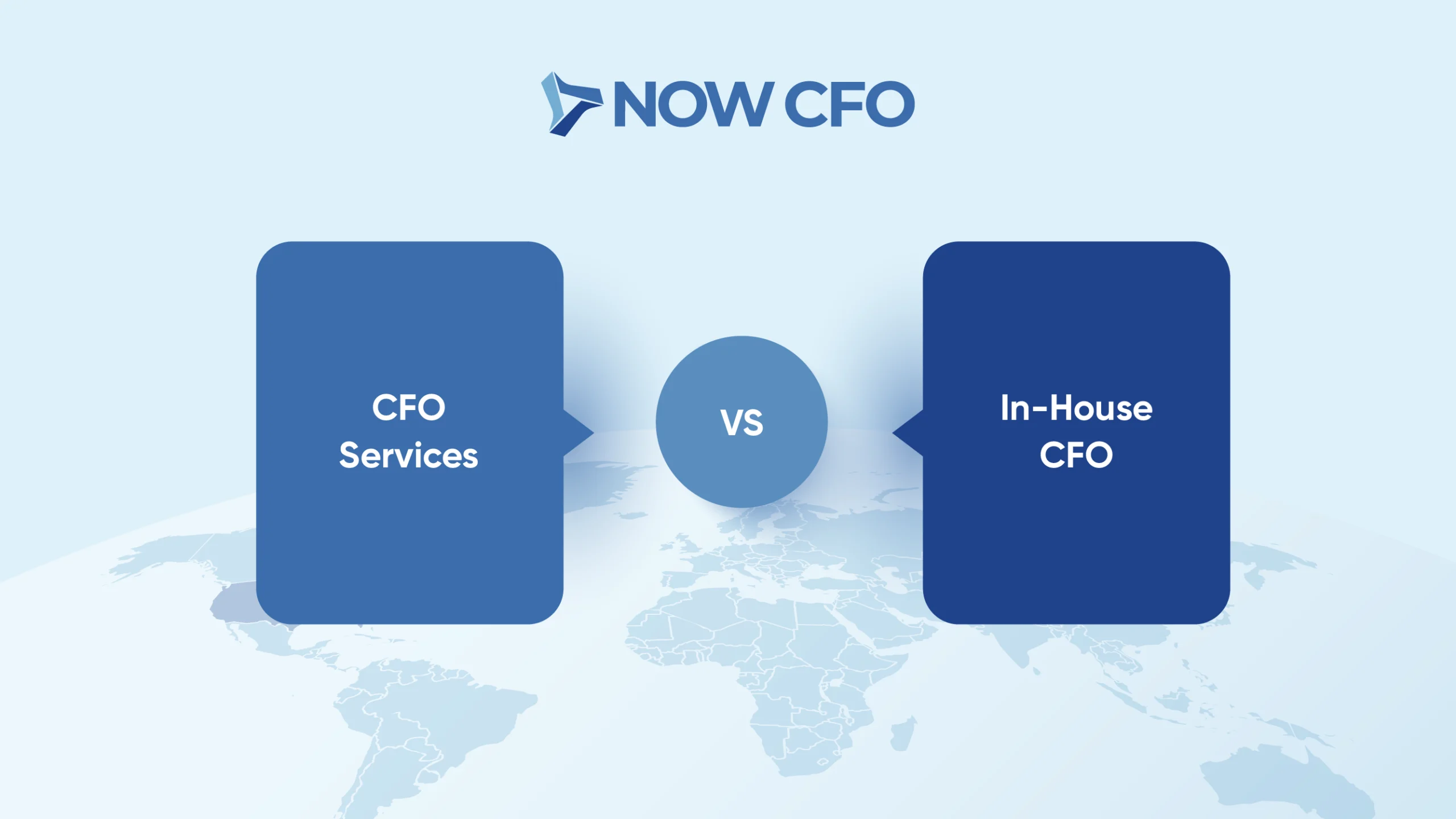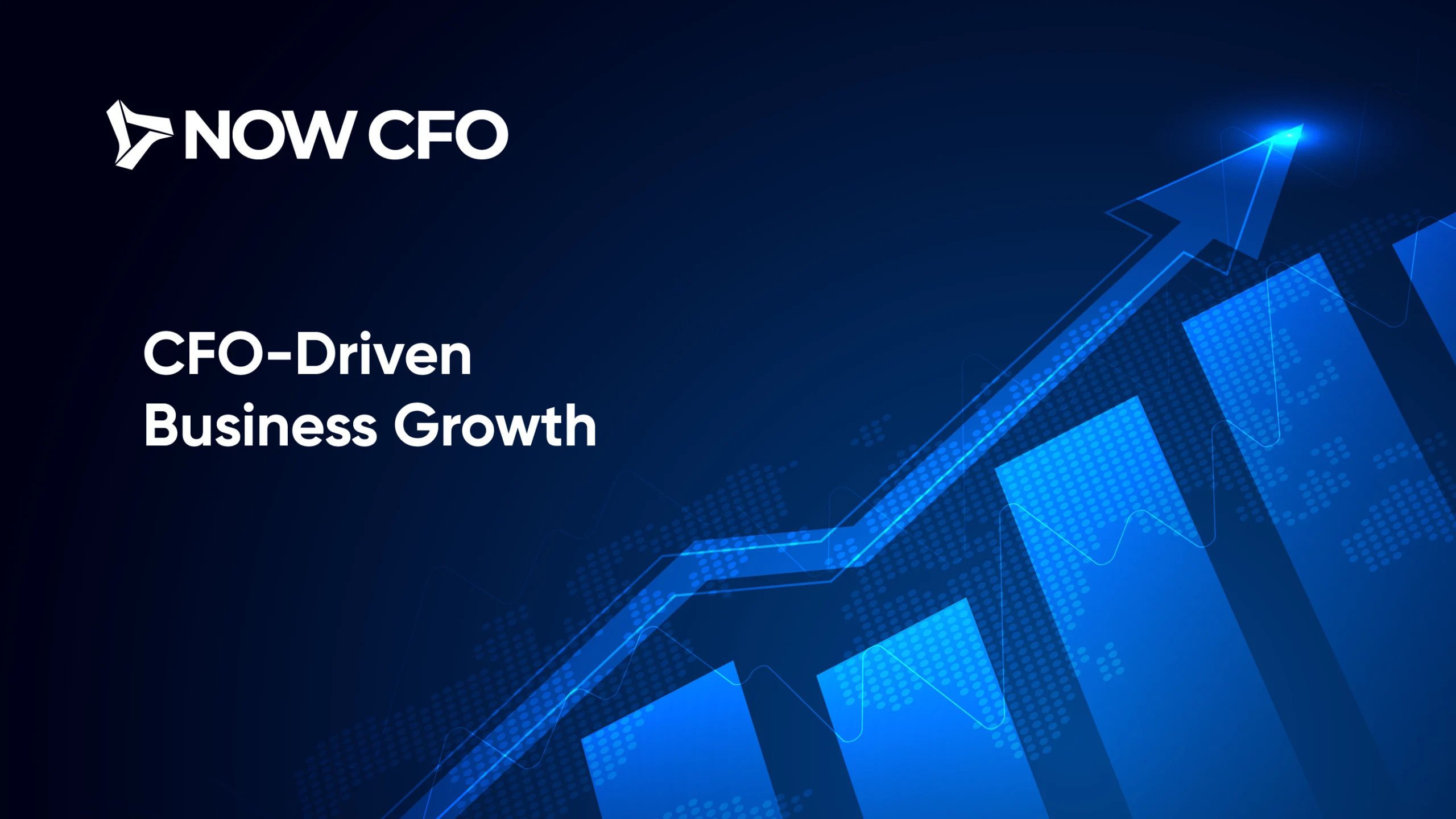
What is Cost Accounting?
Cost accounting often times gets overlooked by business owners due to its complexity. It is a form of managerial accounting that seeks to capture a company’s total cost of production by assessing the variable costs of each step of production as well as fixed costs. It ensures that business operations are reduced to reflect the actual picture of a company’s business operations and calculated at the direction of the management.
Types of Costs
The types of cost accounting are standard costing, activity-based costing, lean accounting, and marginal costing. With that come different types of costs involved in these types of cost accounting:
- Fixed costs: Costs that don’t vary depending on the level of production. These are things like the mortgage or lease payment on a building or a piece of equipment that is depreciated at a fixed monthly rate. An increase or decrease in production levels would cause no change in these costs.
- Variable costs: Costs tied to a company’s level of production. For example, a candy shop ramping up its inventory for Valentine’s Day will incur higher costs when it purchases an increased number of flowers from the supplier.
- Operating costs: Costs associated with the day-to-day operations of a business. These costs can be either fixed or variable depending on the unique situation.
- Direct costs: Costs specifically related to producing a product. If a baker spends five hours baking goods, the direct costs of the finished product include the labor hours of the baker and the cost of the baked goods.
- Indirect costs: Costs that cannot be directly linked to a product. In the baker example, the energy cost to heat the oven would be indirect because it is inexact and difficult to trace to individual products.
What Are the Benefits of Cost Accounting?
- Insight into profitability and product lifecycle
- Knowing seasonality of products and appropriate pricing
- Builds educated pricing models while providing peace of mind and confidence in the business plan
- Improves cost-efficiency
- Inform better decision making
Cost Accounting VS. Financial Accounting
Unlike financial accounting, which provides information to external financial statement users, cost accounting is not required to adhere to set standards and can be flexible to meet the demands of management.
Cost accounting is internally focused, and firm specific. It is much more flexible and specific, especially when it comes to the subdivision of costs and inventory valuation. Since they do vary so much between industries and businesses, that is why it can become so complex.
Financial accounting is done with the intent of disclosing the right information in a reliable and accurate manner and shows how profitable a company is through financial statements such as income statements, balance sheets and cash flow statements. Financial accounting needs to use ledgers and journals as well.
Cost accounting needs three main things- cost of sales of the product, how much margin the organization would add, and the selling price of the product. It is much more intricate than that, but those are the absolute essentials. Financial accounting is not able to improve the efficiency of the inputs, whereas cost accounting can.
Cost accounting lets business owners know:
- Which product/job/service has the largest margin
- All costs associated with production at every step of the way
- Which inventory moves slowly/quickly
- Whether or not their pricing models are optimal
How Does NOW CFO Help with Cost Accounting?
Cost accounting can be a legitimate factor in driving a business. This is because cost accounting is tedious and complicated work. It very much varies on the industry and size of the company, there is no one way to go about it. There tends to be a lot of guess work in the initial process, and this can turn some off. They are also turned off because they do not have the systems and processes in place to track inventory and analyze their pricing.
Inventory and pricing models can be tricky, and you may not be asking yourself the right questions such as how much inventory should I order to get the appropriate discount from vendors? How much should I sell my product or service for to maximize profits? Do I have the right inventory and systems in place?
We can help with cost reporting and analysis, margin management, inventory control, productivity tracking cycle counting, inventory valuation methods, and fraud prevention and detection. We provide the expertise of cost accounting in order to better quantify the cost associated with any type of operation, product or service. Our consultants know that management of your cost of sales is one of the most important aspects to knowing your appropriate sales price.
Get Your Free Consultation
Gain Financial Visibility Into Your Business
We provide outsourced, fractional, and temporary CFO, Controller, and operational Accounting services that suit the needs of your business.
- Hourly Rates
- No Hidden Fees
- No Long Term Requirements
NOW CFO provides the highest level of expertise in finance and operational accounting to accelerate results and achieve strategic objectives for sustainable growth and success.
After completing the form, a NOW CFO Account Executive will reach out and learn more about your needs so that we can pair you with the right Partner.














